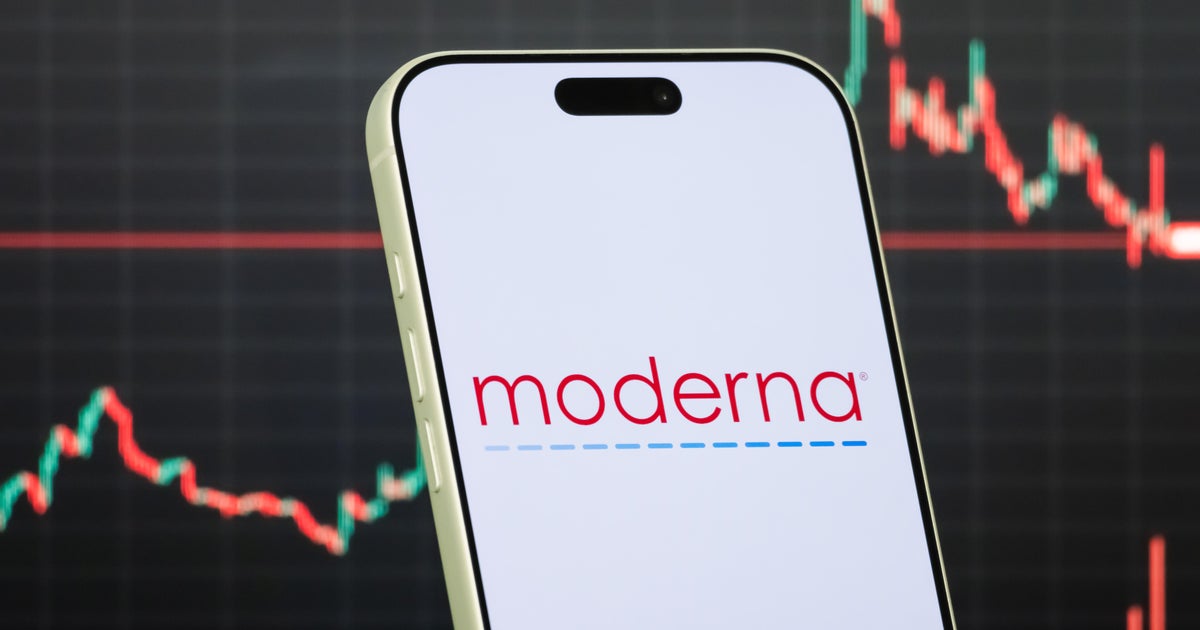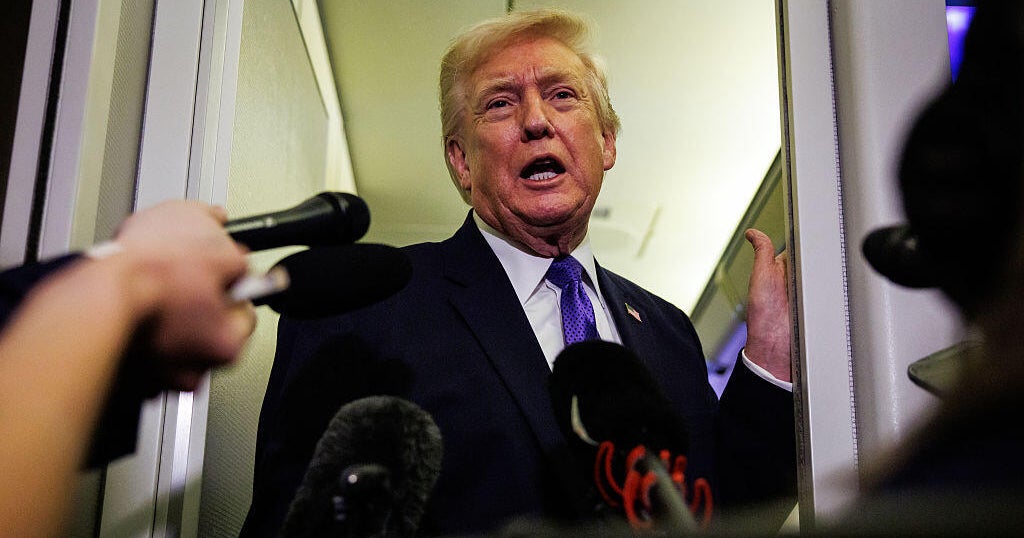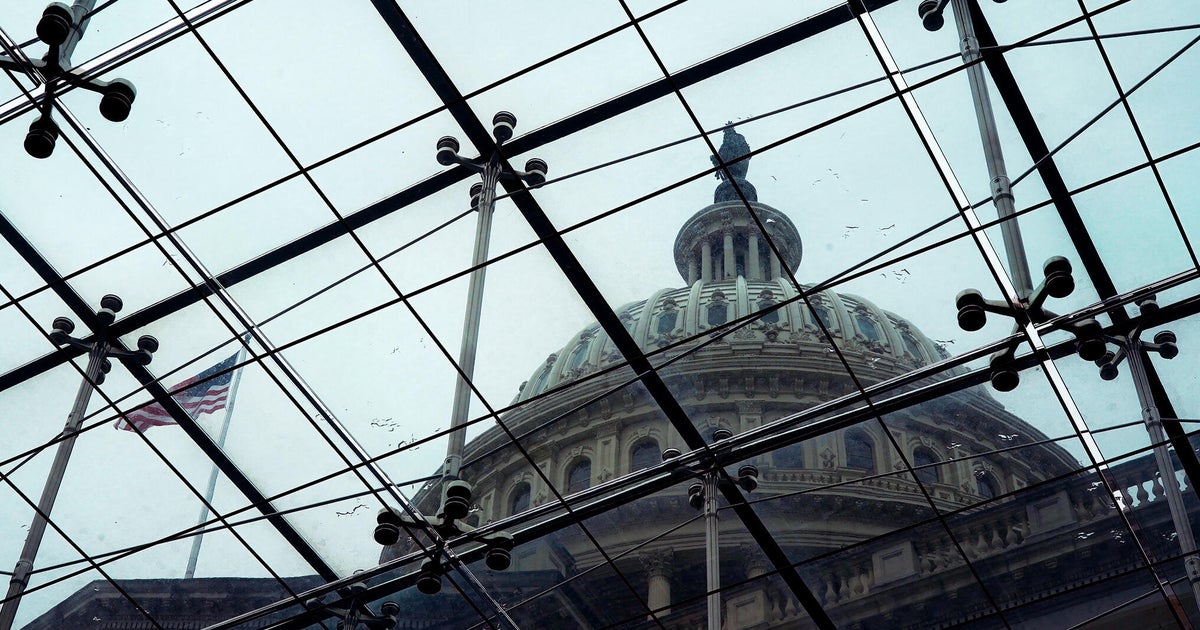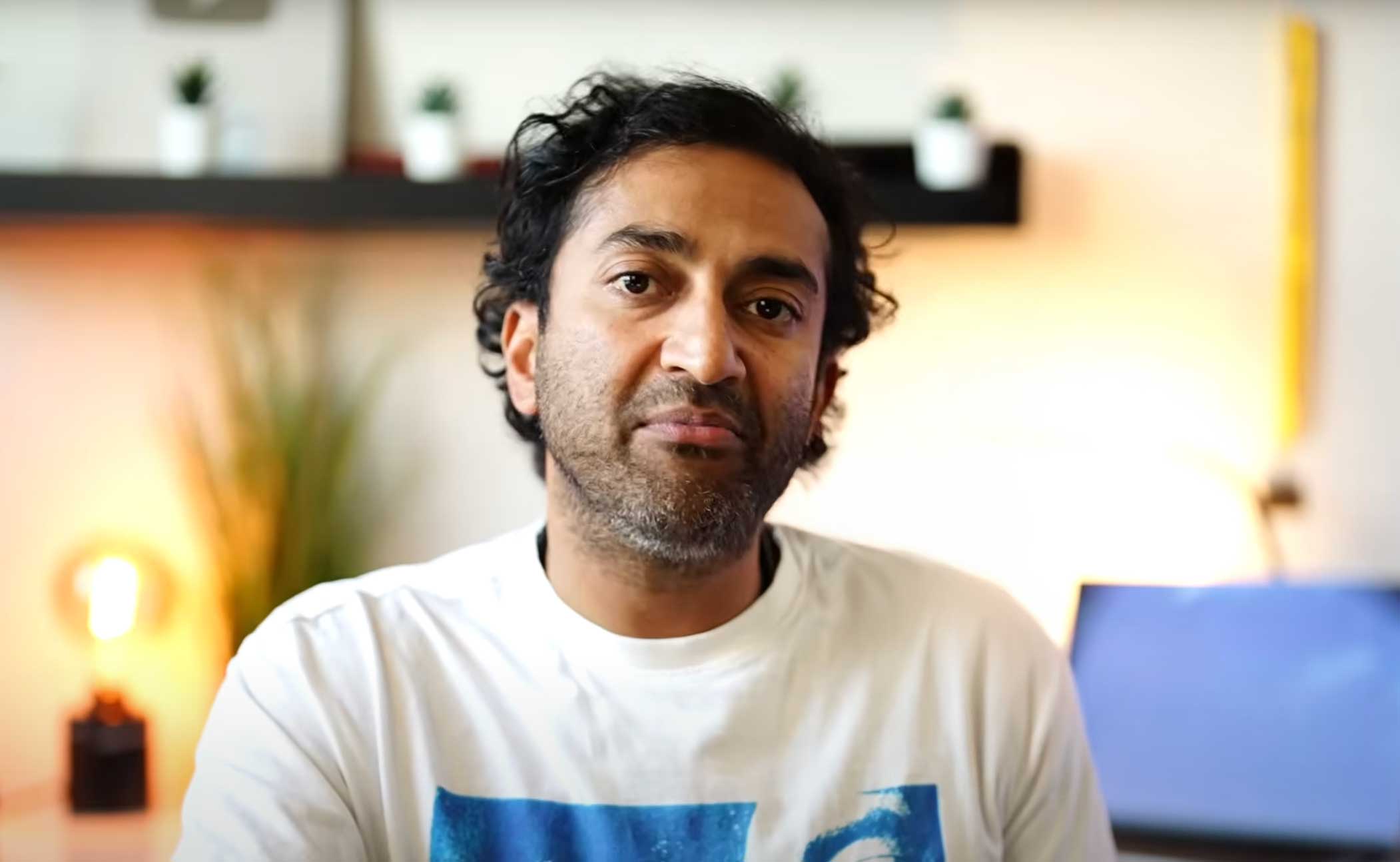Rick Bright says coronavirus vaccine could take longer than 18 months
Dr. Rick Bright, the ousted former director of a government biomedical agency, told Congress on Thursday that he thinks it will take longer than 18 months to develop a coronavirus vaccine. Members of the White House coronavirus task force, including Dr. Anthony Fauci, have often cited a 12-to-18-month timeframe for a vaccine, and have even implied it could come sooner.
"There is a lot of optimism. There is a lot of hope," Bright said in his testimony before a House subcommittee on health. "But that doesn't make a vaccine. There's a lot of work that needs to be done to make a vaccine."
Bright cited several hurdles that will likely prevent a vaccine from being available so soon. He said that a vaccine has never been developed so quickly for a novel virus, and that even when vaccines were produced rapidly in emergency situations, such as ebola, scientists had starting materials ready in advance.
"Normally, it takes up to 10 years to make a vaccine," Bright told the House panel.
Bright warned that a rush to prepare a vaccine, and any potential efforts to cut corners in the process, could prevent a "full assessment" of the vaccine's safety. And even when it is ready, he said, the U.S. does not yet have a plan for how it would distribute the vaccine, and there could be "significant issues" in building up a sufficient supply chain for needles and syringes.
"A lot of optimism is swirling around a 12-to-18-month time frame, if everything goes perfectly," Bright said. "We've never seen everything go perfectly." He added it is "very unlikely" that the U.S. will be able to vaccinate people in the next few months, as President Trump has sometimes suggested.
The White House has given a faster timeframe for a vaccine. Mr. Trump has pushed for a vaccine to be ready by the end of the year, and even named the effort "Operation Warp Speed." The president is reportedly set to name Moncef Slaoui, a former GlaxoSmithKline executive, as the leader of the effort.
The president has also said on several occasions that the coronavirus will go away with a vaccine — a claim not supported by any medical evidence.
Fauci has offered more measured expectations, while expressing optimism about the speed of ongoing clinical trials. In his Senate testimony on Tuesday, Fauci said he hopes to know by "late fall and early winter" if the trials are successful. But he noted there is "no guarantee that the vaccine is actually going to be effective."
The World Health Organization announced this week that there are more than 100 vaccines in development around the world, and at least eight are in human trials. Scientists are Oxford University have said they're hopeful a vaccine they've been testing will be widely available by September.
Bright said that effective treatments for COVID-19, rather than a vaccine, are more likely to be ready soon.
Bright filed a whistleblower complaint earlier this month alleging that his early warnings about the pandemic were ignored and that he was removed from his position leading the Biomedical Advanced Research and Development Authority in retaliation.



